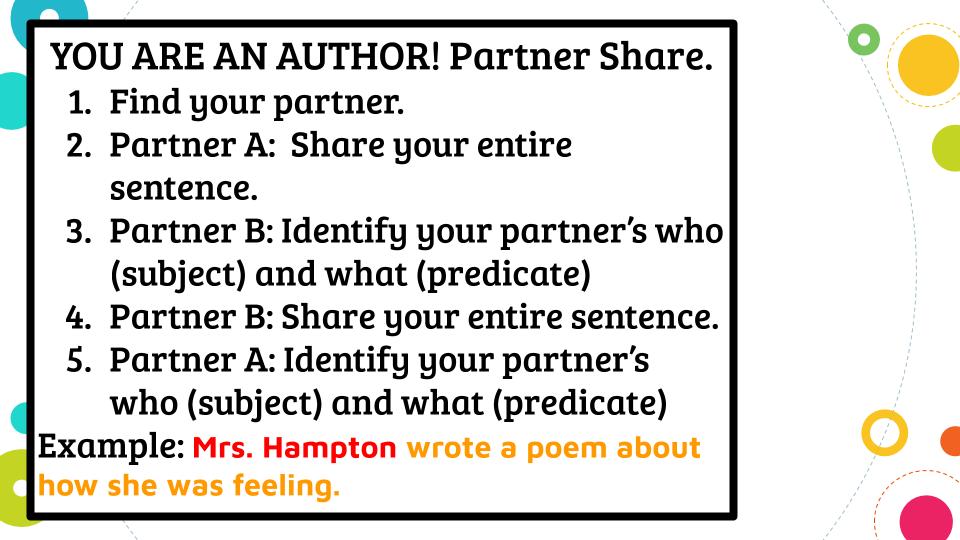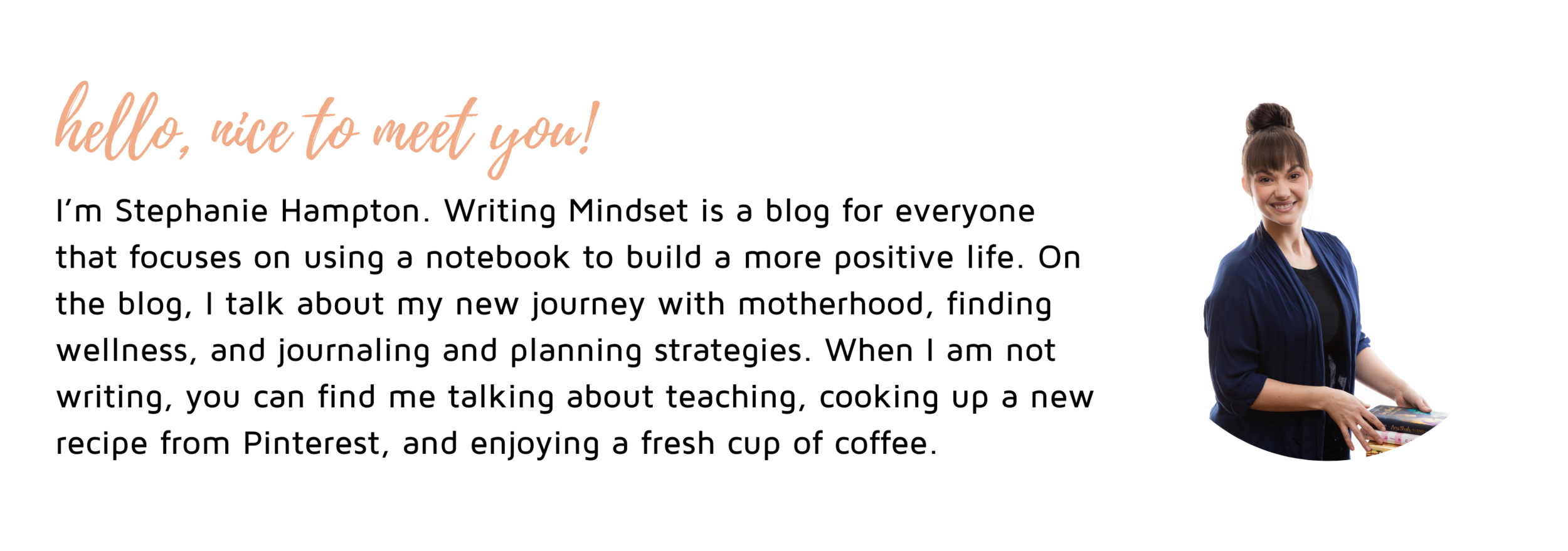Using Mentor Texts to Teach Simple Sentences
Start Simple with Simple Sentences
One of my big mentor text reflections from last year was that I felt like I didn’t spend enough time on the basic parts of the sentence. Things like subject, predicate, verbs, and adjectives. These are the things that middle school teachers are always teaching and re-teaching, but I really wanted to frontload these skills at the beginning of the year. There are so many variations in the English language, so I really want to encourage my sixth-graders to have a strong grasp of the simple sentence before moving forward. Even in my advanced sections where students have reading levels well into the highschool range, they were identified as struggling on identifying the subjects of sentences.
Lesson Sequence
STEP 1: BOOK TALK (5 MINUTES WHOLE GROUP)
The book from this past week is one of my favorites! I only recently read The One and Only Ivan by Katherine Applegate, and then called all of the teacher friends to only hear, “we told you!” This book speaks to anyone who loves animals, but more so, the reason I chose this book is that Katherine Applegate was deliberate in choosing the language in the book. She wrote from the point of view of a gorilla, and she wanted the language to be simplistic. On page 2, she makes this clear when Ivan says “humans waste words.” I immediately knew this was going to be a successful mentor text for simple sentences because there were so many examples to choose from in the text.
I always start with the book talk and field if any students in the room have read the book before. This is a popular one, so many students were able to help co-sign the power of this book. It goes without saying that when students recommend the book it is even more powerful than my recommendation. Another note about this book talk that is important is that I show the book trailer, but then I also so the real Ivan. Applegate based this book on a real gorilla. Students love seeing the connection to a real animal.
STEP 2: NOTICE AND NAME THE AUTHOR’S MOVE(S) (10 MINUTES WHOLE GROUP)
Now, we practice! We notice the author’s writing and then we practice some moves on the back. The back of this has a slight feel of daily language review, but it directly connects to the book we are reading. I also like to use as many other sentences from the book as possible so students can see more examples. I have embedded the handouts I use below or you can go to the Writer Resources page to get access to my Google Doc.
STEP 3: WRITE LIKE AN AUTHOR! (5-10 MINUTES INDIVIDUAL/PARTNERS)
Last week with Jason Reynolds, we really couldn’t get into acting because they were just starting off in the process. This week we acted out our sentences after choosing subjects and predicates. Another way to explain this to students is by using the verbal prompts of WHO and WHAT.
Does your sentence have a who?
What are they doing?
Is there anything else we should know?
Of course, more complex sentences have greater variations along the who-what spectrum, but this is a great place to start to check to see if students are working in complete sentences. There is power in the connection between I can identify a subject and predicate and I can write a subject and a predicate. This is often the missing link in our writing workshops because students get trained on identification, not the application. We can use these mentor text to teach them to be young authors.
After students have written their sentences, we act them out and share. We also get to use a standard think-pair-share model where students go back to identifying the subject and the predicate in their peers’ writing. It is also important to note that in sentence writing, students will often ask permission to write longer sentences…I, of course, let them do it. The goal is to write a sentence where you can identify the subject and the predicate. I am not worried about the length as long as they are still able to identify the parts of the sentence.






